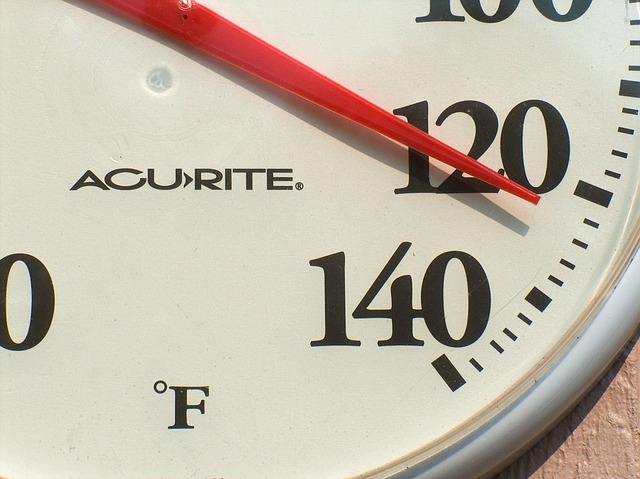Temperatures are on the rise this summer, and car engines are more susceptible to overheating. Engine overheating can lead to costly repairs, inconvenience, and even leave you stranded on the roadside.

There are simple, preventive measures you can take to keep your car’s engine cool and ensure a smooth and worry-free summer driving experience. The following are some of the best ways to avoid your car engine heating up during the summer months.
Regular Maintenance Checks
The key to a healthy engine is regular maintenance, especially during the summer. Schedule routine check-ups with a certified mechanic to inspect the cooling system, radiator, hoses, and belts. A well-maintained cooling system will efficiently regulate the engine temperature, reducing the risk of overheating.
Check Coolant Levels
Always keep an eye on the coolant level and top it off when necessary. The coolant is responsible for dissipating heat from the engine and preventing it from overheating. Use the recommended coolant type for your vehicle and maintain the appropriate coolant-to-water ratio as per the manufacturer’s specifications.
Inspect Hoses and Belts
Check your cooling system hoses and belts for signs of wear, cracks, or leaks. Replace any damaged components promptly to avoid coolant leaks or engine malfunctions. A failing hose or belt can lead to a sudden loss of coolant, resulting in engine overheating.
Park in the Shade
Keeping your car parked under cover or in the shade whenever possible can significantly reduce the internal temperature, including the engine. If covered parking isn’t available, use a windshield sunshade to block the direct sunlight from entering the car.
Watch Your Coolant Temperature
Monitor the temperature gauge on your dashboard, especially during long drives or in heavy traffic. If you notice the temperature rising towards the danger zone, pull over to a safe location immediately and let the engine cool down before continuing.
Don’t Use AC Continuously
While driving in hot weather, it’s natural to want to blast the air conditioning, but doing so puts additional strain on the engine. Instead, try using the air conditioning sparingly or setting it at a moderate temperature to reduce the load on the engine.
Preventing car engine overheating during the summer requires diligence and regular maintenance. By following these tips and staying proactive in monitoring your vehicle’s cooling system, you can ensure your car’s engine remains cool and dependable throughout the summer months. A well-maintained cooling system not only enhances engine performance but also increases the longevity of your vehicle.
